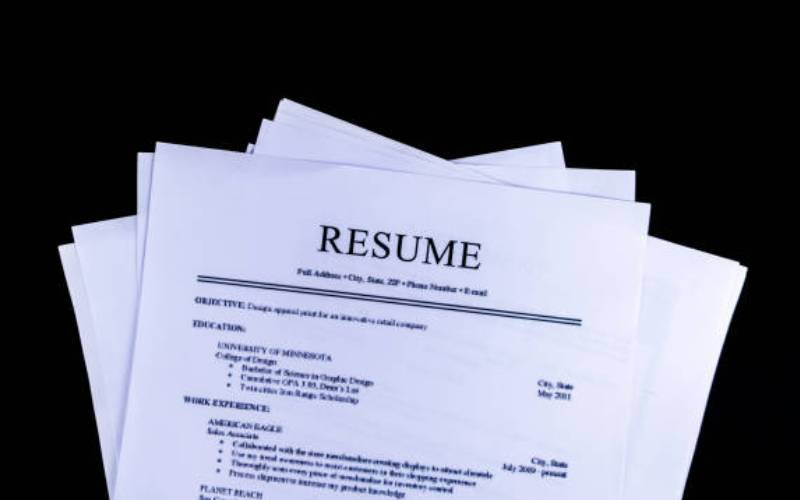×
The Standard e-Paper
Home To Bold Columnists

It should now be made compulsory for the performance of all candidates subjected to interviews for public sector jobs to be made public.
Since most of the interviews are conducted in public, outcomes of such processes ought to be made public too. This will bolster public confidence and enhance transparency.